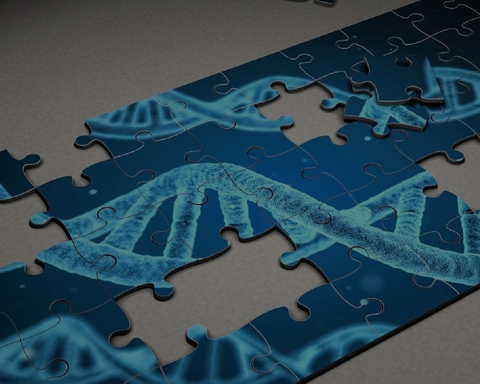Press Statement – Making Embryos out of Cells
Read in PDFA scientist working in Cambridge and California has just announced that she and her colleagues have made a ‘synthetic human embryo’. They took a human embryonic stem cell line and used it to make what looks like an early human embryo. This ‘synthetic human embryo’ has been cultivated past the legal limit for experimenting on human embryos in the United Kingdom, which is 14 days. If this really is an embryo, and it looks a bit like one, then this is a new way of generating an embryo without fertilisation. If cells from an adult could be used, then synthetic embryos would be a new form of cloning. This would be wrong for all the same reasons that the old way of cloning a person (the cloning used to make Dolly the sheep) was wrong. It fails to respect the dignity of human procreation. It fails to respect the dignity of the human being in the first stage of our development. It instrumentalises a human person destroying him or her in lethal scientific experimentation.
This is being reported as though it were a scientific breakthrough but it is not clear what has been achieved, if anything. We should also be very sceptical of claims that this kind of research will help understand or treat genetic diseases. Similar claims are made every time a scientist wants to push the ethical boundaries but we should remember what happened on such occasions, for example, the purported promise of saving 150 lives each year by allowing ‘three parent’ IVF.
Extraordinary claims were also made about animal-human hybrid embryos being the supposed doorway to cures for every disease from Parkinson’s and Motor Neurone Disease to Alzheimer’s, but these were cruel and empty promises, hype not hope, and once legalised, this avenue of research was quickly abandoned. The bigger and more general the claims the more we should be sceptical. A cure-all cures nothing.
A synthetic embryo is not a ‘model’ of an embryo, it is an attempt to make an embryo. If this attempt is successful, scientifically, then it will be wrong ethically, but if it is not successful scientifically then it will not be able to tell us much about normal human development. So far they have not succeeded even in mice in getting ‘synthetic embryos’ to develop to birth. So perhaps this is not an embryo but an uninteresting clump of cells. On the other hand, if we have any doubt then the embryo-like being should be given the benefit of the doubt.
We all began life as an embryo and to manufacture, experiment on and destroy human embryos is to manufacture, experiment on and destroy human beings. It is unjust. We should not be trying to make human embryos in this way.
END
Notes to Editors:
- Any part of the above can be quoted as coming from our Director, Professor David Albert Jones.
- For more information on the Anscombe Bioethics Centre, see our website: www.bioethics.org.uk.
- For interviews or comment, contact: media@bioethics.org.uk or 07900925708.
Most recent
Press Release – Anscombe Bioethics Centre Launches ‘Advance Decisions and Ethical Choices’ Project
31 July 2025
The Anscombe Bioethics Centre is pleased to launch a new suite of resources on advance statements, l...
Statement on the Anscombe Bioethics Centre
31 July 2025
A statement from the Governing Body of the Anscombe Bioethics Centre and the Trustees of the Catholi...
Copyright Announcement
25 July 2025
Henceforth, all work which had Anscombe Centre or Linacre Centre copyright is now dedicated to the p...
Sincerest Thanks for Your Support
Staff are grateful to all those who sustained the Centre in the past by their prayers and the generous financial support from trusts, organisations, communities and especially from individual donors, including the core funding that came through the Day for Life fund and so from the generosity of many thousands of parishioners. We would finally like to acknowledge the support the Centre has received from the Catholic community in Ireland, especially during the pandemic when second collections were not possible.
We would like to emphasise that, though the Centre is now closed, these donations have not been wasted but have helped educate and support generations of conscientious healthcare professionals, clerics, and lay people over almost 50 years. This support has also helped prevent repeated attempts to legalise euthanasia or assisted suicide in Britain and Ireland from 1993 till the end of the Centre’s work on 31 July 2025.



